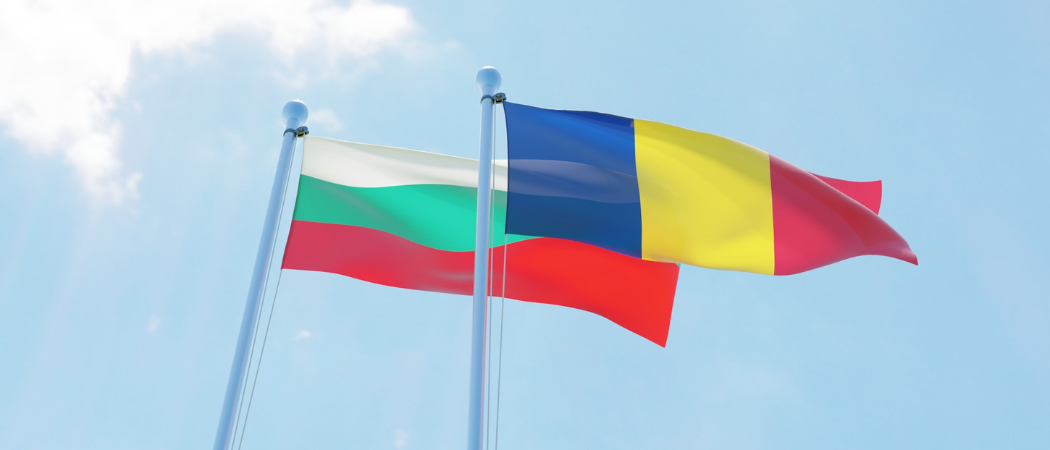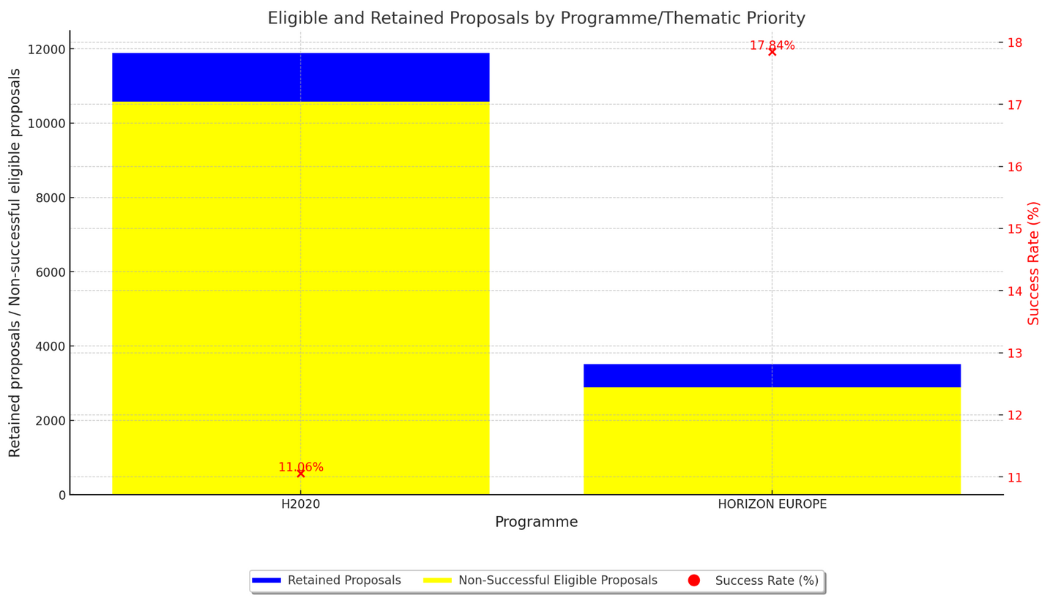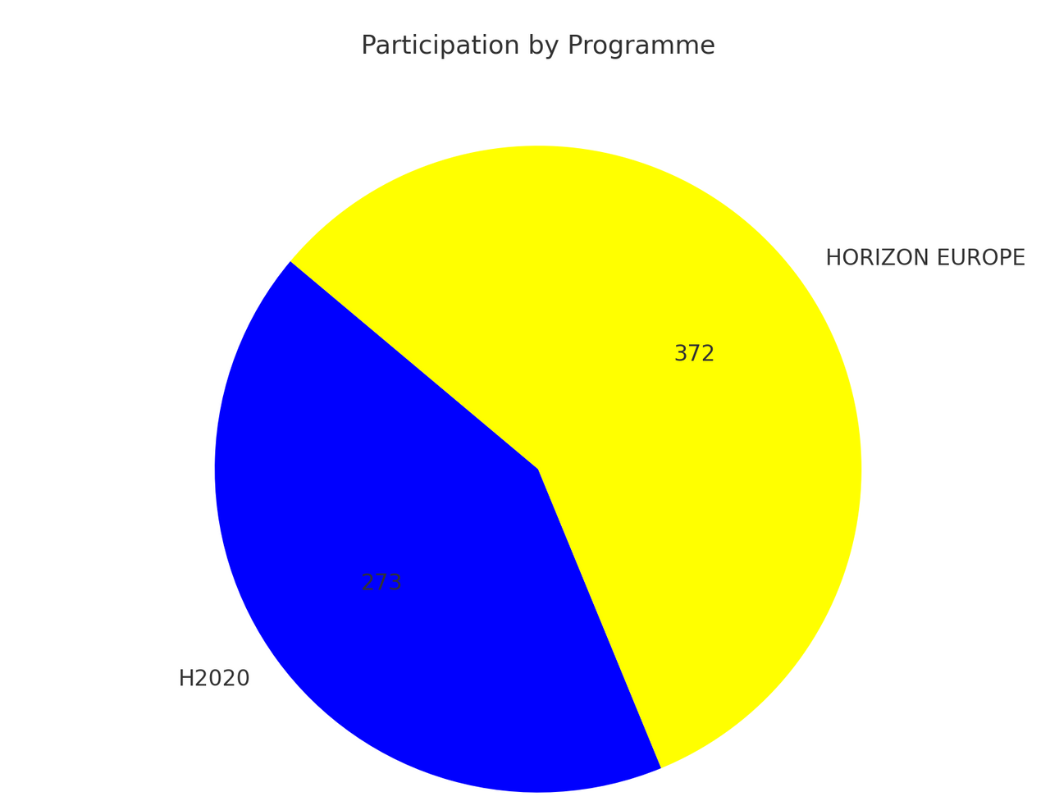Concerted efforts to increase success in winning grants from the research programme are bearing fruit. While still low in the EU league table, the two countries now have the networks and support systems in place to make further headway

Like many research support staff across the country, Antoaneta Folea, coordinator of the Horizon Europe National Contact Point unit at Romania’s main research funding agency (UEFISCDI), has been caught up in a whirlwind of effort aimed at improving the countries success rate in the research programme.
The effort is paying off, with some marked gains in Romania’s performance in Horizon Europe compared to Horizon 2020.
The same is true for Bulgaria, which like Romania has substantially improved its success rates in accessing Europe’s research funds.
After years of disappointment and little success, both of these Widening countries are making headway and they now stand above the average, as measured by the ratio of proposed projects to funded projects.
On this metric, Romania has an 18% success rate and Bulgaria 19%, compared to the programme average of 17%.

Folea points to Marie Skłodowska-Curie Actions (MSCA) grants as an illustration of progress. "For the staff exchange instrument, the success rate was 17% in the first year of Horizon 2020 calls and 13% in the second year," Folea said. "In Horizon Europe, Romania's success rate leapt to 28% for the 2022 MSCA staff exchange call, then reached 32% in 2023."
Bulgaria saw an even greater advance: for the first staff exchange call in Horizon 2020, none of the country’s 10 proposals secured funding, but in 2022 under Horizon Europe, the success rate was 22%.
Overall, Romania and Bulgaria signed 25% more grant agreements under the first two years of Horizon Europe than during the previous three years combined under Horizon 2020.

In Romania, UEFISCDI has had the greatest success, with 22 contracted Horizon Europe projects. It is followed by the University of Bucharest and the Polytechnic University of Bucharest with 19 and 16 projects respectively.
Bulgaria’s top participant is Sofia University St Kliment Ohridski, the oldest higher education institution in the country, with 16 projects. It is followed by an open access journal company, Pensoft Publishers with 11 projects, and the recently established Centre of Plant Systems Biology and Biotechnology, which is taking part in six Horizon Europe projects.
National strategies cultivate success
The common theme is that purposeful, multi-year efforts at a national level have cultivated pockets of research excellence, enabling scientists to join EU collaborations.
“An example of this is the over 20 thematic national research programmes, which contributed toward improving the cooperation between national research institutions and higher education institutions and their overall research and innovation capacity”, says Yumer Kodzhayumer, chief expert in the Science Directorate of Bulgaria’s Ministry of Education and Science and secretary for research at the Permanent Representation of Bulgaria to the EU.
On top of targeted funding, Bulgaria uses national resources to finance projects awarded ‘Seals of Excellence’ but which narrowly miss out on EU funding.
In Romania too, there has been a strategic distribution of domestic research money. "The national research programme always had this underlying goal of closing the gap between Romanian and European research," says Folea.
Romania has also used European structural funds to establish 13 university-based research support centres that specialise in accessing European grants. Although each centre focused on assisting its own researchers first, some formed partnerships with external institutions and companies as well.
Bulgaria is using the national recovery and resilience plan to support and modernise its research-intensive universities. Kodzhayumer says one of the most important lessons learnt from Horizon 2020 was that, “Providing timely and adequate support on a national level is essential to be able to participate in EU-wide teams and networks and to compete on a global level.”
While strong national programmes and EU collaborations are key to increasing success rates, a critical factor is persistence. “Gaining more and more experience is among the main reasons for the increase of the success rate of Bulgarian organisations in Horizon Europe compared to Horizon 2020,” Kodzhayumer said.
Similarly Folea emphasises that some organisations in Romania have been applying since the 6th Framework Programme in the early 2000s, and as a result have in place essential networks and support systems for creating competitive consortiums. “So the process now runs much more smoothly,” she said.
Defining a key problem
After years of writing and being trained on European project proposals, Romanian researchers now understand that pitching a proposal for Horizon Europe funding differs dramatically from writing an academic article for a journal or conference. "Many of our colleagues didn’t truly know how to clearly define a key problem and the impact their research will have. They struggled to frame problems through this results-driven lens," Folea said.
Self-promotion and visibility were also neglected and seen as outside the core of scientific research. "If you don't exist online on European platforms, no one will advocate for your cutting-edge work when priorities and budgets get set," said Adriana Rotar, MSCA National Contact Point at UEFISCDI.
Rotar and colleagues actively coach researchers one-on-one on creating profiles and becoming more visible. As a result, Romania has increased its profile on various tender portals.
Horizon Europe’s Widening scheme is making a difference too, with a number of instruments requiring consortium project coordinators to be from Widening countries, ensuring leadership roles. Additionally, unlike regular Horizon calls, Widening participation grants do not impose specific research topics. Folea says there are three benefits, "First, researchers can advance topics they know best rather than trying to fit within the EU priorities; second they are empowered to serve as overall coordinators steering their own consortia; and third, the somewhat smaller Widening project groups are more manageable for newcomers."
Horizon Europe's very structure has an inherent Widening effect, Kodzhayumer says. “Starting from grant proposal to evaluation, all procedures and requirements in the current framework programme are shortened and easier.”
Overall, the Horizon Europe success rate is higher on average than Horizon 2020. This also means that, while Romania and Bulgaria improved their project proposal success, so did the rest of the EU members.
Comparing success rates across member states, Bulgaria is 21st and Romania 27th. But while there is obviously room for further improvement, the early signs in Horizon Europe are that sustained intervention can narrow the research and innovation gap.





 A unique international forum for public research organisations and companies to connect their external engagement with strategic interests around their R&D system.
A unique international forum for public research organisations and companies to connect their external engagement with strategic interests around their R&D system.